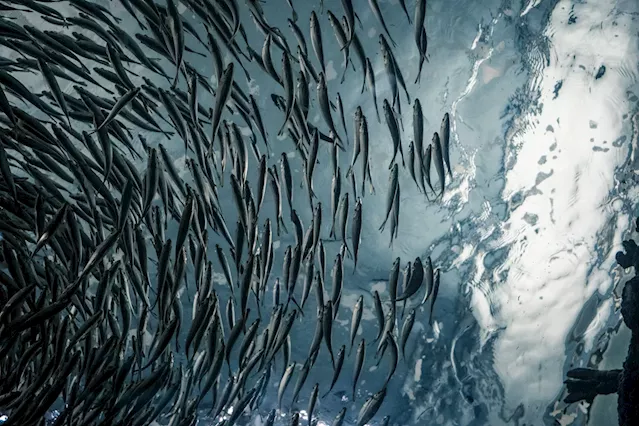The state of fish stocks in the world's ocean is worse than previously thought. While overfishing has long been blamed on fisheries policies that set catch limits higher than scientific recommendations, a new study reveals that even these scientific recommendations were often too optimistic. The result? Far more global fish stocks are overfished or have collapsed than we thought.
In the European Union , for example, fisheries are primarily managed through allowable catch limits, known as quotas, which are set by the European Council of Agriculture Ministers on the basis of scientific advice and recommendations from the European Commission. A new study by Australian scientists shows that already the scientific advice has been recommending catch limits that were too high.
But what causes these distortions in stock assessments? Standard stock assessments use models that can include more than 40 different parameters, such as fish life history, catch details, and fishing effort. This large number of parameters makes the assessments unnecessarily complex, write Froese and Pauly. The results can only be reproduced by a few experts with access to the original models, data and settings.
الإمارات العربية المتحدة أحدث الأخبار, الإمارات العربية المتحدة عناوين
Similar News:يمكنك أيضًا قراءة قصص إخبارية مشابهة لهذه التي قمنا بجمعها من مصادر إخبارية أخرى.
 Fisheries research overestimates global fish stocks, say expertsMany fish stocks around the world are either threatened by overfishing or have already collapsed. One of the main reasons for this devastating trend is that policymakers have often ignored the catch limits calculated by scientists, which were intended to be strict thresholds to protect stocks.
Fisheries research overestimates global fish stocks, say expertsMany fish stocks around the world are either threatened by overfishing or have already collapsed. One of the main reasons for this devastating trend is that policymakers have often ignored the catch limits calculated by scientists, which were intended to be strict thresholds to protect stocks.
اقرأ أكثر »
